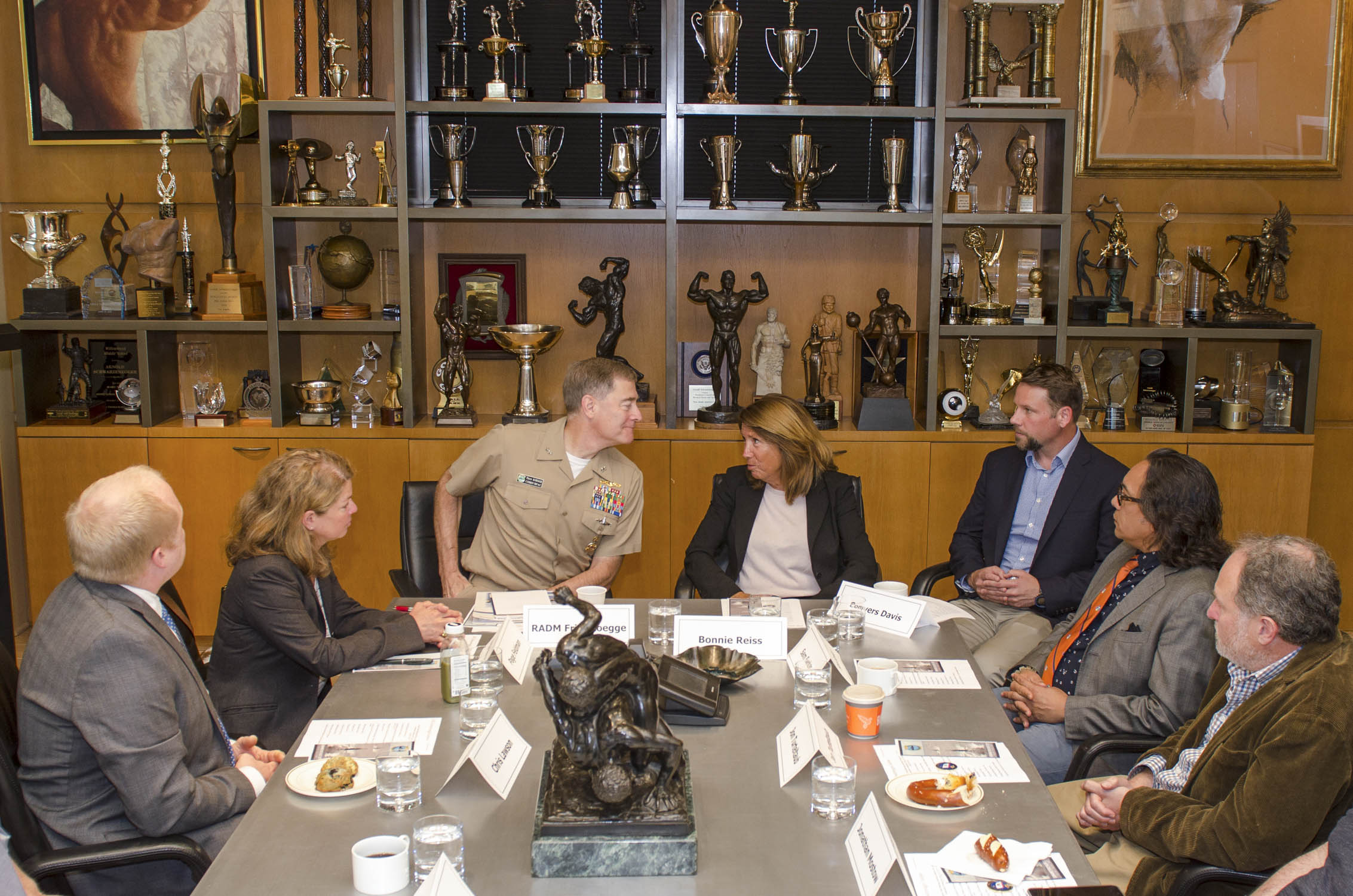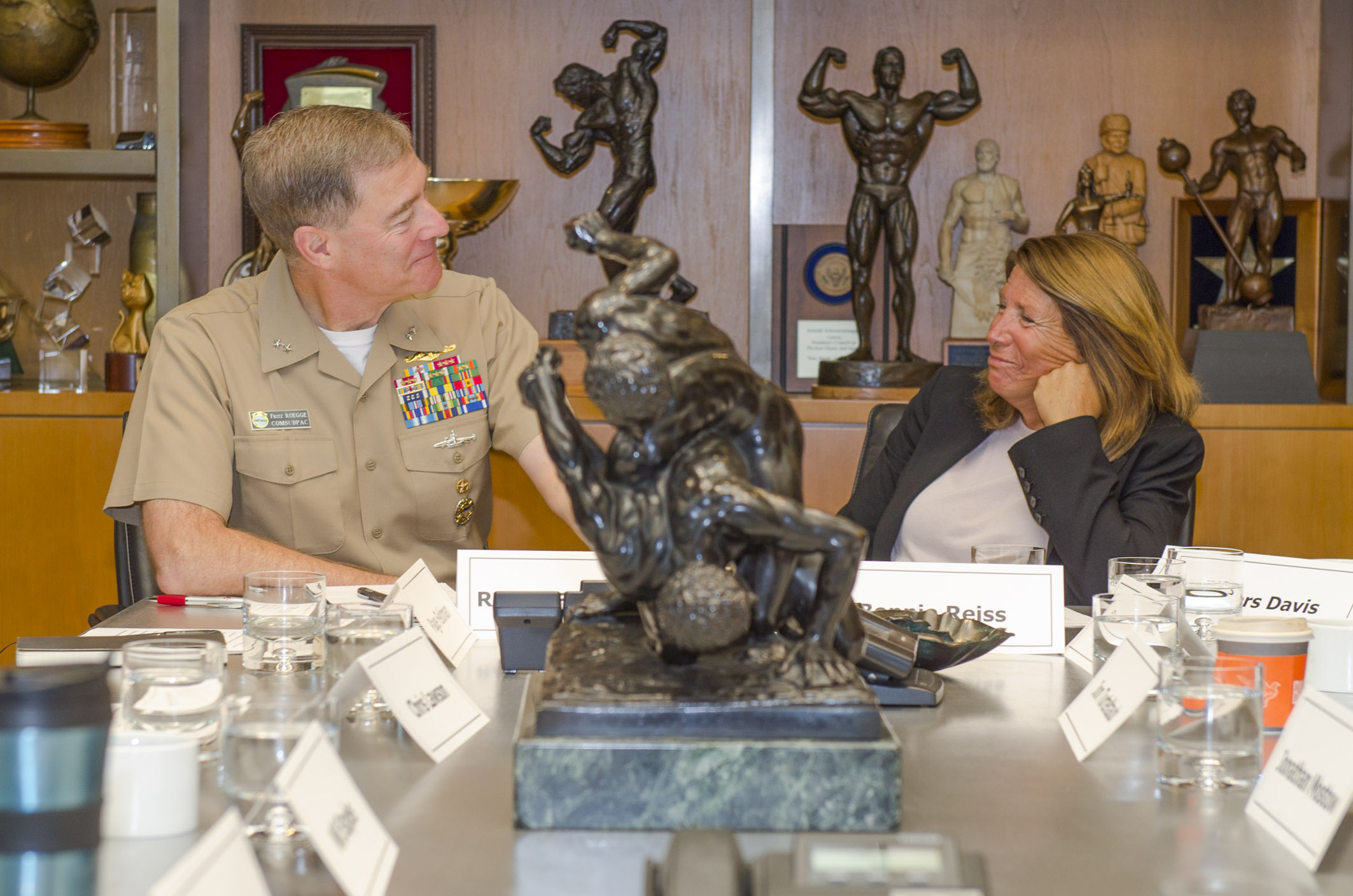California is home to more active duty and reserve military personnel and their families than any other state in America, and when Governor Schwarzenegger was in office he created the Governor’s Military Affairs Advisory Council to help advise his administration on how to best manage issues unique to this important community.
The Military Affairs Advisory Council quickly identified accesses to education as one of the most important and complicated issues facing military personnel and veterans in California. It discovered that a majority of soldiers, sailors and airmen joined the armed forces because of the G.I. Bill and the tuition funding it provides however only a small fraction of the veterans living in California took advantage of the benefit after they completed their military service. Despite the best intentions California’s three main colleges systems – the University of California, California State University and California Community Colleges – they were unknowingly making it difficult for veterans to matriculate in their schools. This realization lead to the launch of the “Troops for College” initiative which still helps military veterans transition from service to school.
The Institute is proud to continue to collaborate with the armed forces and to support the brave Americans who choose to serve our country. And when we were presented with the opportunity to host the Commander of the Pacific Submarine Force, the largest in the world, we were honored to do so. On April 24th the Schwarzenegger Institute convened a round table meeting with Rear Admiral Fritz Roegge and representatives from the media and entertainment industry to discuss the geopolitical situation in the Pacific region and the portrayal of submariners in popular culture. Admiral Roegge acknowledged the profound impact that media has on morale and recruiting in his command and was interested in speaking with creative leaders from the entertainment industry to help ensure that his sailors and civilian personnel, and the challenges they face, were depicted accurately.
The meeting took place at Governor Schwarzenegger’s production company offices in Santa Monica and the conversation touched on major geopolitical challenges facing the United States in the Pacific region as well as potential story plotlines and projects underway. The Admiral explained that although the United States has the preeminent submarine force with over 50 nuclear submarines in operation in the Pacific, 13 other countries operate an additional 250 submarines in the region. These stats prompted a number of questions about current relations with North Korea and China and diplomacy in the South China Sea. The Admiral responded by telling us what he tells his team, that they need to focus on being the very best equipped and run fleet so that when U.S. leaders meet leaders from other countries, both friend and foe, they know they are backed up for maximum negotiating advantage. The Admiral went on to explain that the Chinese Government continues to aggressively pursue a plan aimed at restoring China to preeminence and this has been seen most clearly in China’s economic and military actions in the South China Sea – one of the most important channels for the flow of global trade and commerce.
The discussion later turned to the impact film and television have in portraying military stories. Director Jonathan Mostow and Producer Yale Badik discussed their current project about the Battle of Samar one of the most important naval contests of World War II. Producer Sam Sarkar discussed the classic submarine film "Ice Station Zebra" and a remake that is currently in development. Other filmmakers discussed the positive impact “Top Gun” had on recruitment, and explored story ideas for submariners. And finally, returning to the Pacific, an interesting and frank discussion took place about the difficulty of accurately depicting China on screen. Because China has become a major film making nation as well as second largest consumer of Hollywood content box office considerations often complicate writers, directors and producers' efforts to showcase the complicated relationship between China and the United States.
The discussion ended with everyone leaving impressed, and comforted, by the depth of intelligence, experience and commitment of our Navy leaders.



